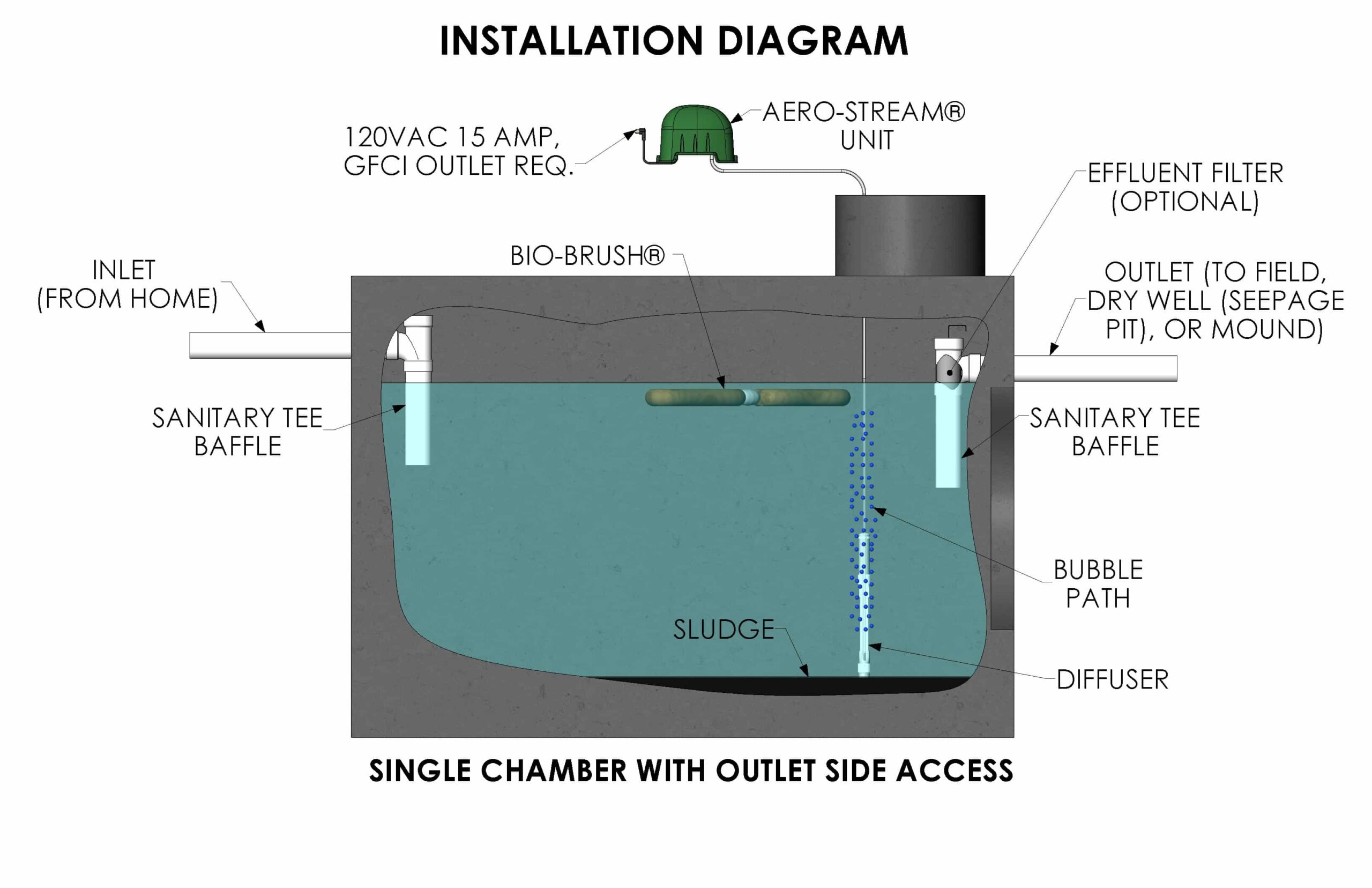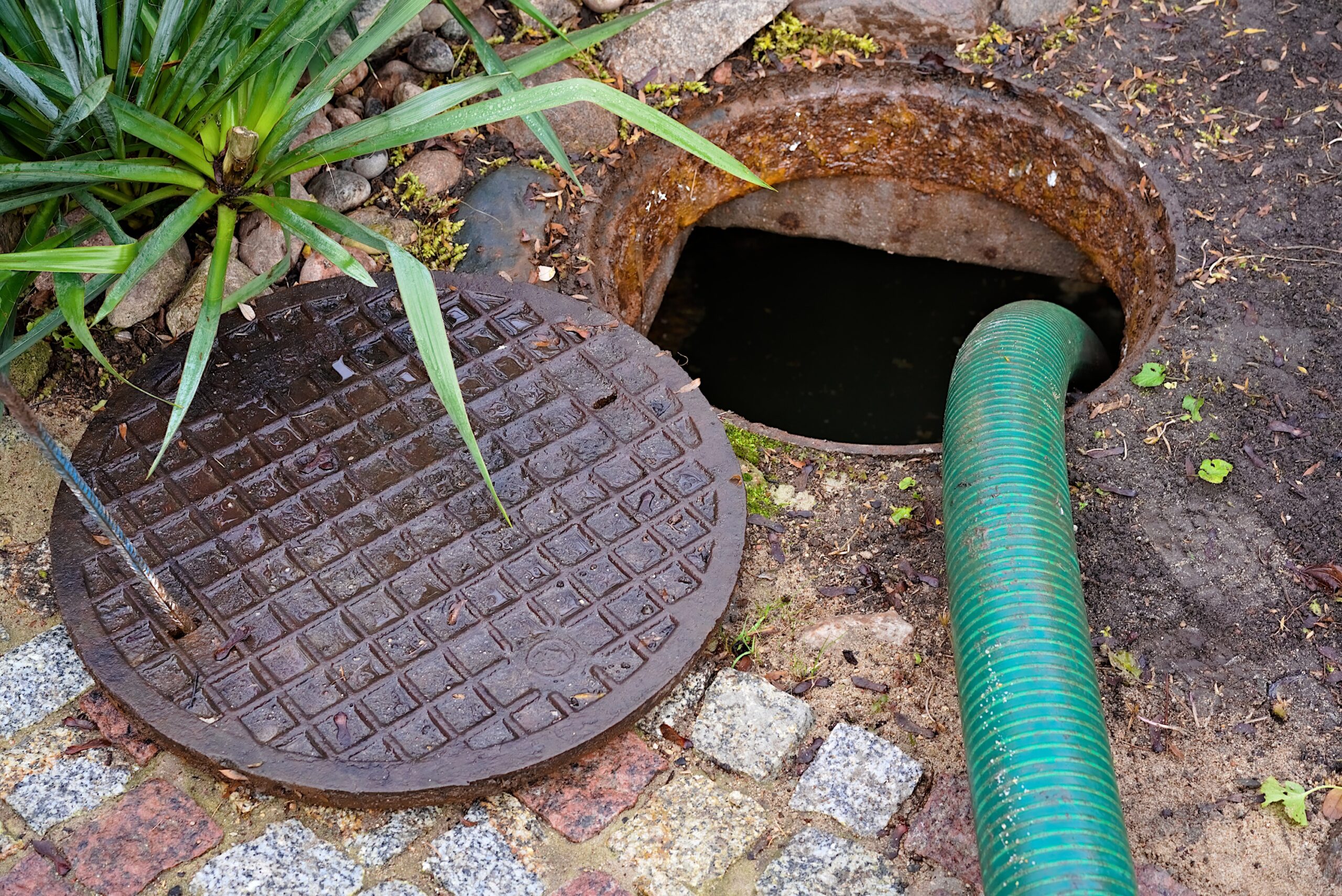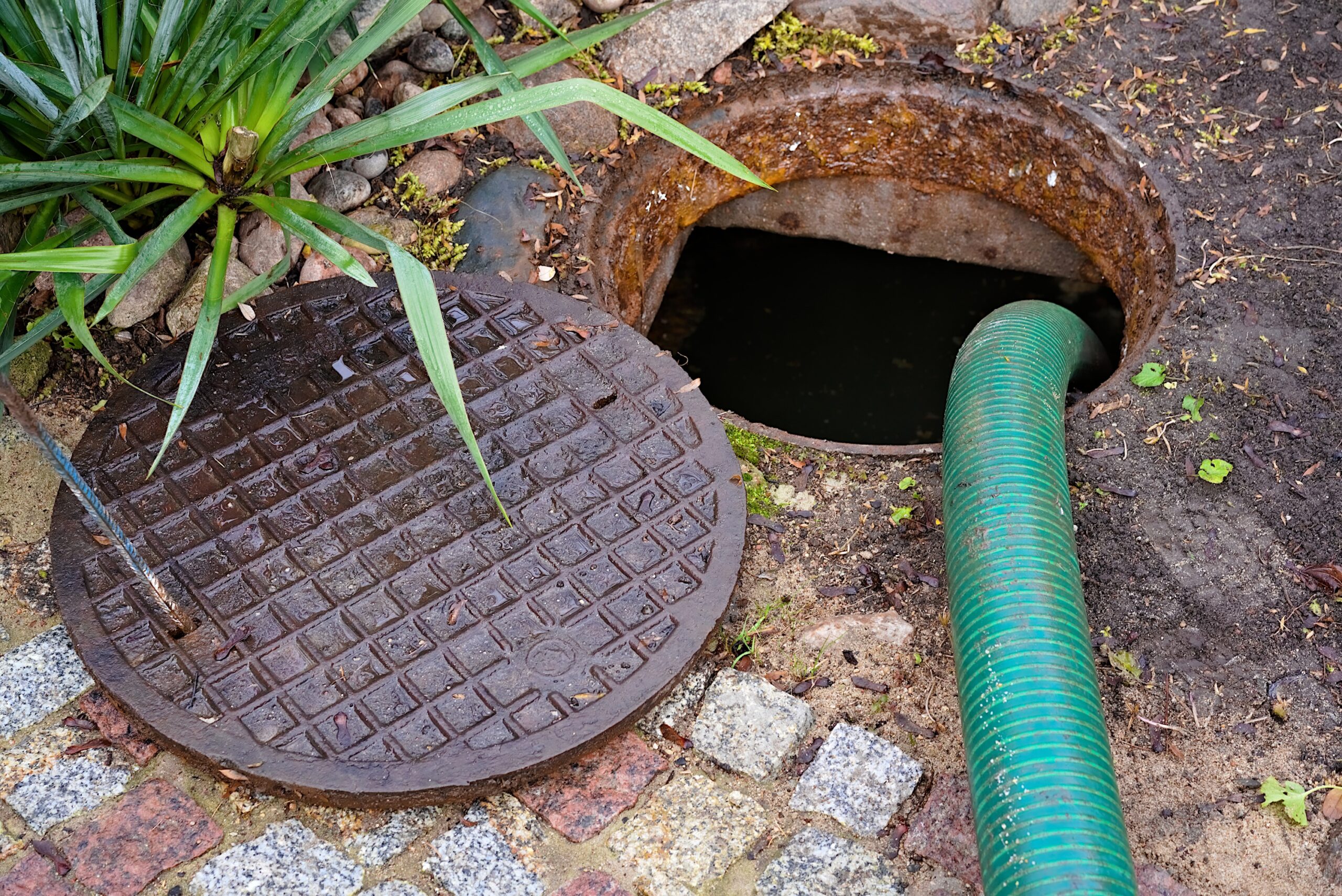As environmental issues continue to take center stage in many public discussions, the issue of failing or underperforming septic systems is attracting considerable attention as well. Many state and local agencies are considering new regulatory requirements for annual inspections of these wastewater treatment solutions. Homeowners with septic tank systems that fail to pass these inspections may be required to replace their existing installations at great personal expense. Here are three strategies for maintaining the health of your septic system and avoiding these unwanted expenses and regulatory burdens.
1. Conserve water
One of the best ways to extend the life of your septic tank and drain field is to reduce the load it must carry on a regular basis. By installing water conservation devices, you can lower your utility bills while relieving some of the pressure on your septic system. Popular water-saving devices include the following:
- Low-flow toilets
- Water conserving shower heads and faucet aerators
- High-efficiency water heaters
These inexpensive upgrades to your household fixtures can lower your monthly utility costs while reducing the likelihood of septic system failure for your home.
2. Perform your own evaluation
Not all signs of imminent septic system failure are immediately evident. Lush growth of dark green grass over your drain field may be a sign that this area is retaining too much water and may be on the verge of failure. Slow draining from inside the home can also be a sign of septic system problems that may include the following:
- Broken pipes or malfunctioning equipment
- Overfull septic tank in need of pumping
- Damaged or clogged distribution box
- Blockages in the pipe leading from the house to the tank
- Inefficient bacterial action inside the septic tank
In some cases, you may require the assistance of a trained septic tank specialist to determine the root causes and most effective solutions for septic system backups and slow drains inside your home.
3. Boost your system’s efficiency
Installing a septic aerator can increase the percentage of aerobic bacteria in your tank system. Aerobic bacteria are highly efficient in breaking down particulate matter and can consume up to 30 times more organic waste than their anaerobic counterparts. This biodegradation process is especially effective in breaking down a thick organic sludge known as biomat. Left untreated, the biomat that develops in a typical septic tank can interfere with the proper flow of water through the drain field and can lead to rapid septic system failure. Aerobic bacteria can break down the biomat and reverse the process to restore proper function inside the tank and drain field.
Maintaining the health of your septic tank system can not only protect the environment; it can also protect you against unwanted expenses and can extend the useful life of your current septic system for many years to come.











